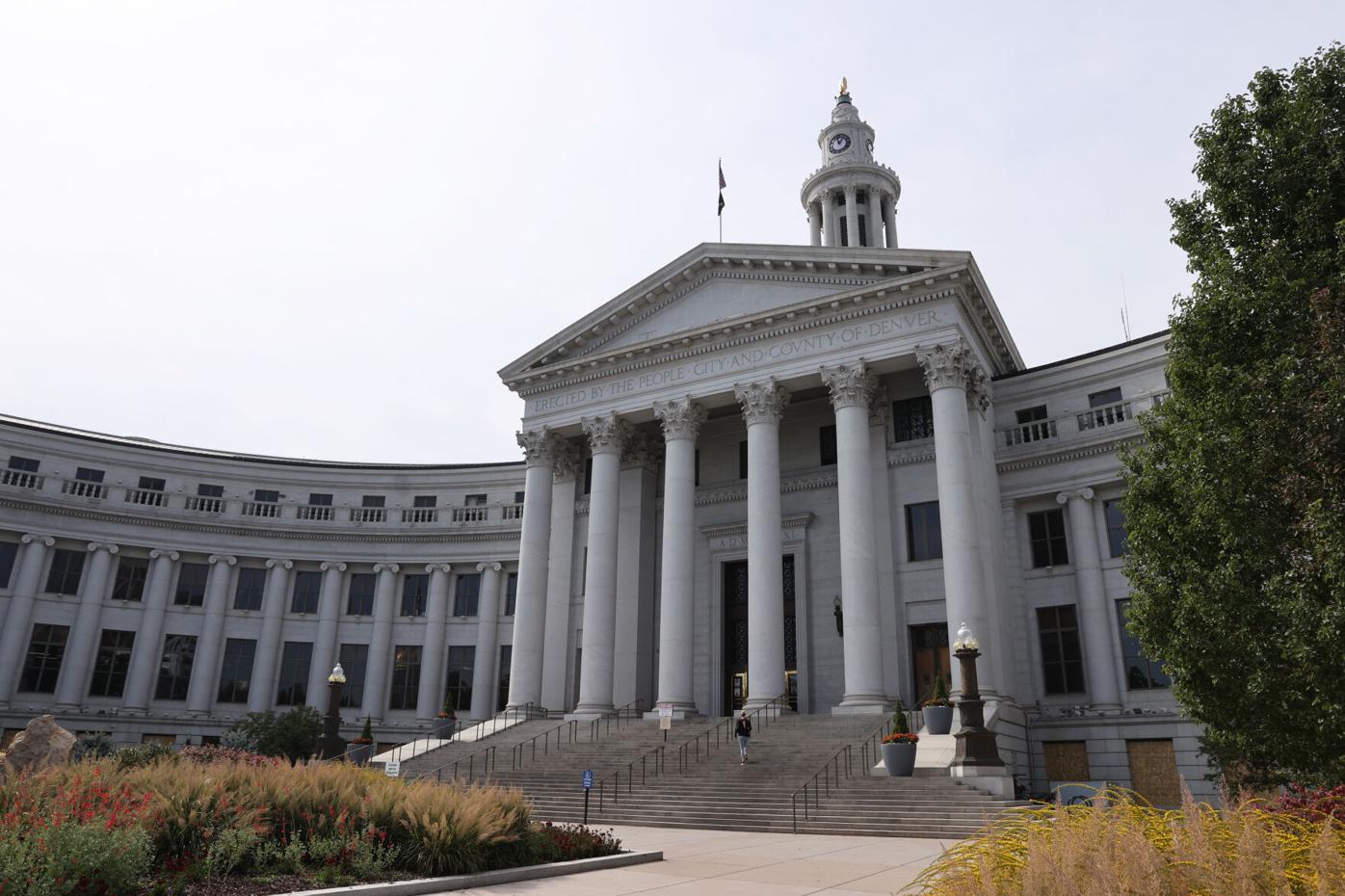Denver officials prepare for city employee collective bargaining
The clock is ticking for city officials as Denver prepares for collective bargaining with a newly expanded group of city employees and its soon-to-be $3 million impact on the city.
Voters in November approved Referral Question 2U, which makes close to 7,000 city employees who are not already part of a union free to organize and begin forming bargaining units on Jan. 1, 2026.
The measure does not include the city’s uniformed police officers, sheriff’s deputies or firefighters — who have established their own collective bargaining rights.
Members of the City Council, along with representatives from the Mayor’s Office, City Attorney’s Office and the Office of Human Resources, gathered at the Finance and Government Committee meeting on Tuesday to sift through the impacts of the measure, what ordinances will need to be crafted and how the city will best execute them.
City Attorney Anshul Bagga walked the group through a long list of things the city will need to formalize prior to the first of the year.
Among them is crafting an ordinance that amends the current city charter to include the expanded employee pool.
“One of the big ones is arbitration of bargaining unit disputes,” Bagga said. “So unlike uniforms (uniformed employees), the people who belong to a particular bargaining unit are not spelled out clearly in the charter amendment.”
Also needed will be procedures for the elections of bargaining agents, qualifications of arbitrators and mediators, as well as court procedures for no-strike determinations and back to work complaints, and final offer and arbitration deadlines for non-striking employees.
Executive Director for the Office of Human Resources Kathy Nesbitt told the committee she’s had multiple conversations about what impact the new collective bargaining measure will have on her office.
“One of the things that we’re contemplating, obviously, is how we’re going to manage the hearings,” Nesbitt said.
Nesbitt added that many members of her team do not have labor relations experience, so training will be a necessity going forward.
The city has recently advertised for a director of labor relations position within the OHR. The position has a salary range of $140,000 to $160,000 and the city will begin interviewing candidates soon.
District 6 Councilmember Paul Kashmann is concerned about the forthcoming workload.
“Who’s going to do all this work?” Kashmann asked. “I mean, seriously, is this simply going to be an expansion of HR? I mean, this really does sound like an enormous lift.”
“Within the city attorney’s office, you know, I’ve got a relatively small bench in the Employment Labor Law Section to be able to accommodate multiple negotiations going on simultaneously,” said City Attorney Robert Nespor. “It’s going to take some some real thoughtfulness to be able to staff up to accommodate that, and having individuals within each bargaining unit to represent them at the table. It could result in a lot more staffing across the city.”
“Just listening to the presentation,” Kashmann said, ”I’m thinking a lot of FTEs (full-time employees) just to get this put together, to get the framework built, and then when it all unfolds, yeah, could be a big dollar lift here.”
Nesbitt agreed, but said the good news is that “we have a long runway” to prepare.
Part of that preparation will include budgeting for those expenditures for 2026.
According to Denver’s Ballot Information Book published prior to the November 2024 election, implementation costs for the new collective bargaining measure were estimated at $3 million for 2025 and $2.2 million for 2026 and onward.





